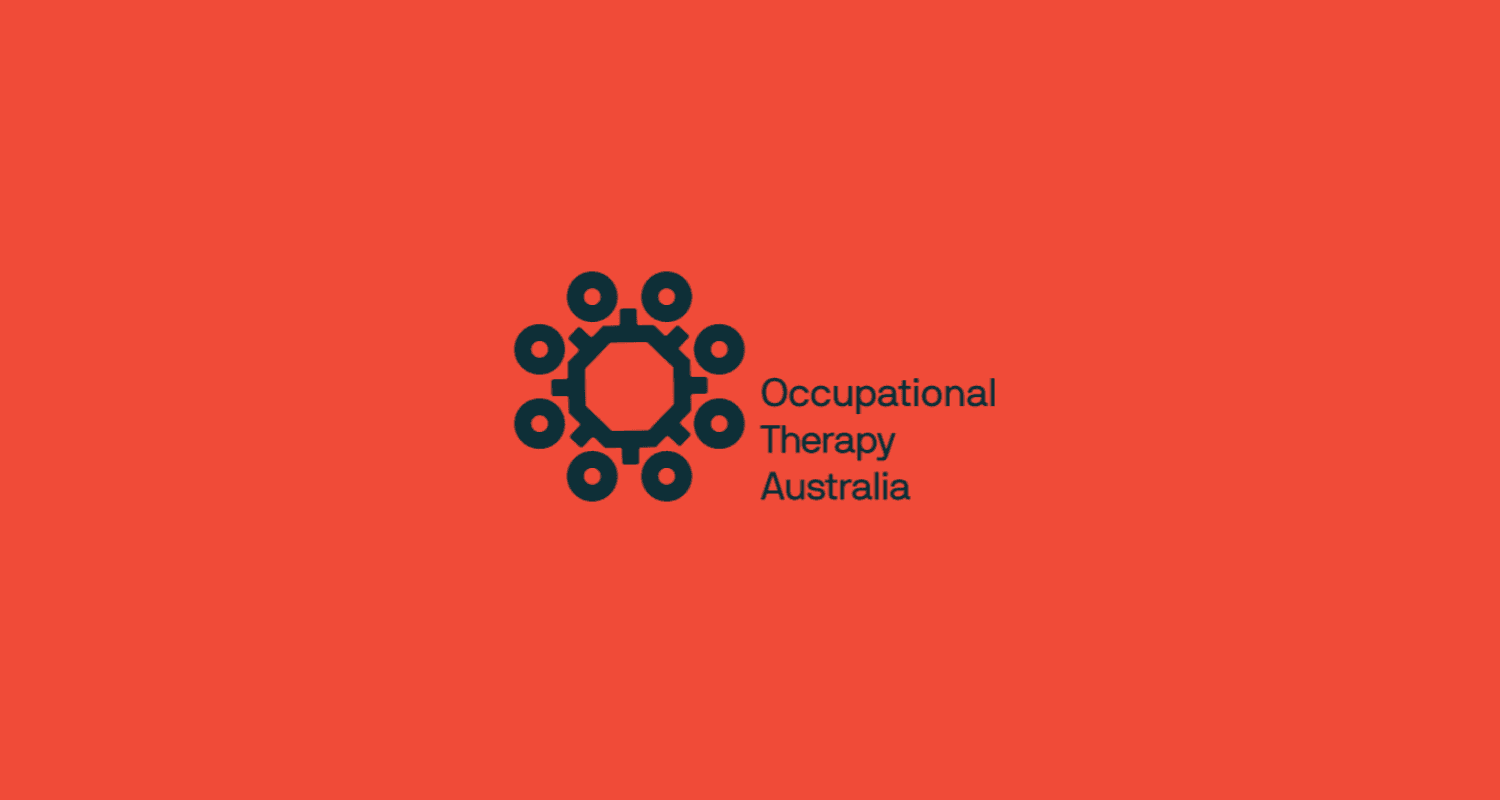
Published: Monday 6 January 2025
The purpose of the Judith Marsham Farrell Research Grant is to support “research in occupational therapy by occupational therapists and in particular studies in which the study subjects themselves to perform occupation embedded activity to determine its influence on a stated human health condition.”
This is an annual grant made possible due to the generous bequest from Judith Marsham Farrell’s Estate.
This award is run annually. In 2025-2026, there is up to $38,000 available for distribution. Multiple applicants may be chosen for receipt of this award.
For more information, download the guidelines below, or contact awards@otaus.com.au.
Applicant attributes
Priority will be given to applicants who:
- have an emergent rather than established research and publication track record;
- have not obtained large, national or international competitive research grant funding to date;
- may have experienced interruptions to research track record due to personal circumstances, factors relating to illness or injury, or family/carer responsibilities; and
- will benefit from research team interaction and mentoring.
Research higher degree students are eligible to apply. Priority will be given to research projects 'in which the study subjects themselves perform occupation embedded activity to determine its influence on a stated human health condition.’
Eligibility criteria
- The lead applicant must be an AHPRA-registered occupational therapist.
- Individuals or teams may apply; teams may include people who do not have an occupational therapy background or who are not Australian citizens or permanent residents.
- If an individual applicant applies, rather than a team application, and the applicant does not hold a PhD, he or she must identify, and provide a signed letter of support, from an AHPRA-registered occupational therapist who is an experienced researcher (doctorate or equivalent with evidence of scholarly publications in the past 5 years) who agrees to mentor the applicant for the project and monitor compliance with Human Research Ethics Committee approvals and requirements.
- Lead applicants must have been a member of Occupational Therapy Australia Limited for at least 24 continuous months prior to the grant application’s due date (this can include student membership) and must retain membership for the duration of the grant agreement.
- Applicants must be an Australian citizen or have permanent residency status.
- Applicants must reside in Australia for the duration of the grant.
- Applicants should be aware that before any grant monies will be paid to successful applicants, the lead applicant must provide written evidence that the research project has received approval from a Human Research Ethics Committee in Australia. This application must list the lead applicant and the names and affiliations of all associate investigators. Where appropriate to the project, site-specific approvals or equivalents are also required. As the eligible period for funding receipt and use is limited to 12 months, projects must be able to receive ethical and other approvals (if approvals have not already been obtained) and be conducted within the 12 months. There may be certain types of research projects (such as systematic reviews or other methodological research) that will not require ethical approval.
Applications for this award are now closed.
More information can be found in the grant guidelines below.






